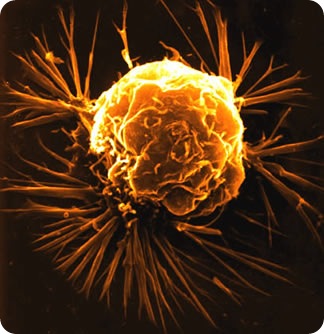Jul 6 2009
New research led by investigators at Memorial Sloan-Kettering Cancer Center (MSKCC) sheds light on a genetic function that gives breast cancer cells the ability to survive and spread to the bone years after treatment has been administered.
The findings support the study of therapies that target this survival capacity and force the death of latent breast cancer cells before they get a chance to metastasize, or spread - a problem that accounts for a majority of breast cancer-related deaths. The research will be published in the July 7 issue of Cancer Cell.
Using gene-expression profiling techniques, researchers found that breast cancer cells that infiltrate the bone marrow can survive over time if they contain the gene product Src, which has known effects on cell mobility, invasion, and survival. The investigators discovered that genetically disabling Src activity in human breast cancer cells inhibits these cells from surviving in the bone marrow and forming metastases in mice. They also observed that treatment with the drug dasatinib inhibits the formation of bone metastasis by human breast cancer cells inoculated into mice.
"Our results should encourage oncologists to consider the study of Src inhibitors to attack reservoirs of disseminated, latent cancer cells and prevent metastasis in breast cancer patients after their tumor has been removed," said the study's senior author, Joan Massagué, PhD, Chair of the Cancer Biology and Genetics Program at MSKCC and a Howard Hughes Medical Institute investigator.
Breast tumors may shed cancer cells from the outset, and some of these cells may infiltrate vital organs, including the bones, lungs, and brain. When a tumor is diagnosed and removed, chemotherapy is administered with the goal of eliminating these residual cancer cells. However, metastasis may still emerge in some patients and may take years or decades to occur, suggesting that these cells may not inherently possess - and need some time to acquire - all of the molecular characteristics needed to metastasize.
According to the study, nearly one-third of cases of breast cancer relapse emerge three or more years after diagnosis, with some cases developing decades later. At present, the major clinical benefits from postoperative drug therapies are observed in the first few years after treatment, which may mean that latent cancer cells are at least partially resistant to conventional therapy.